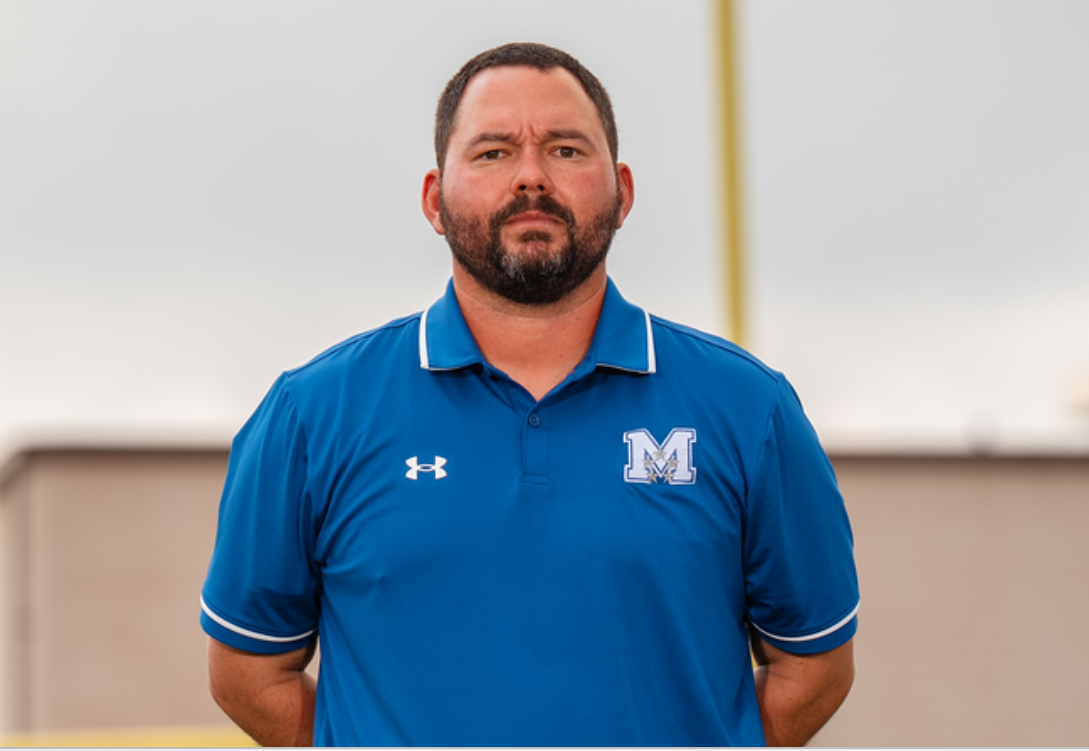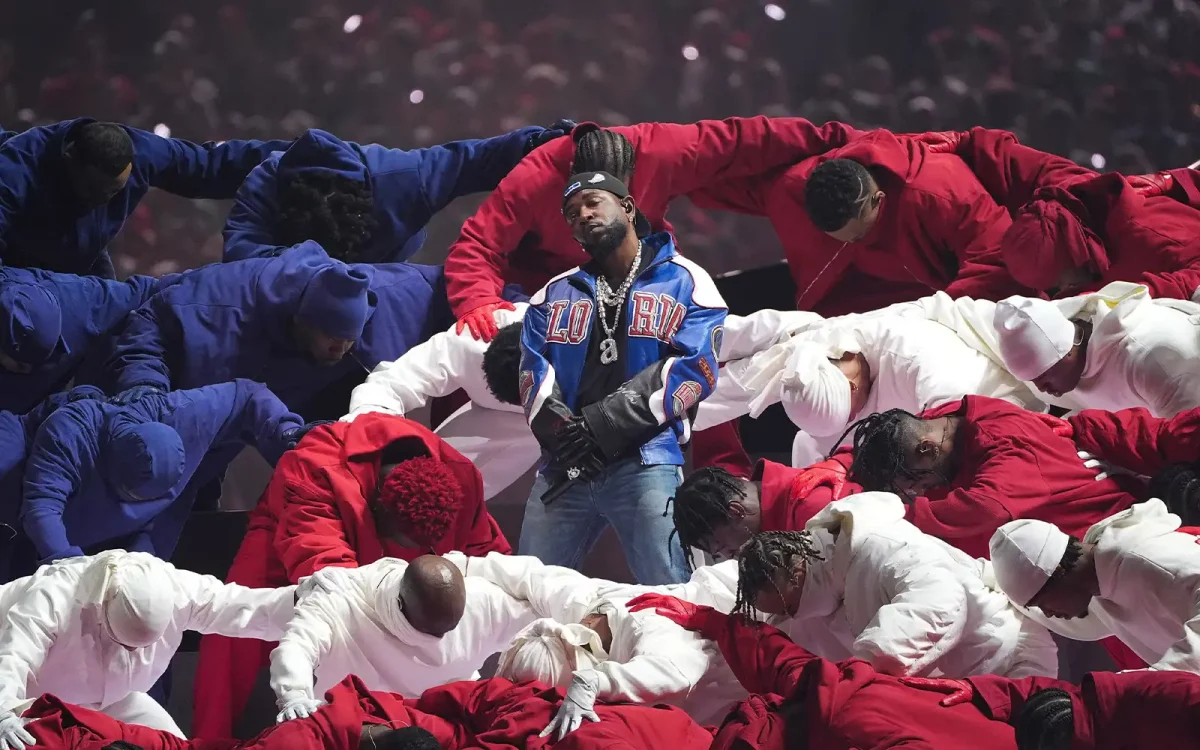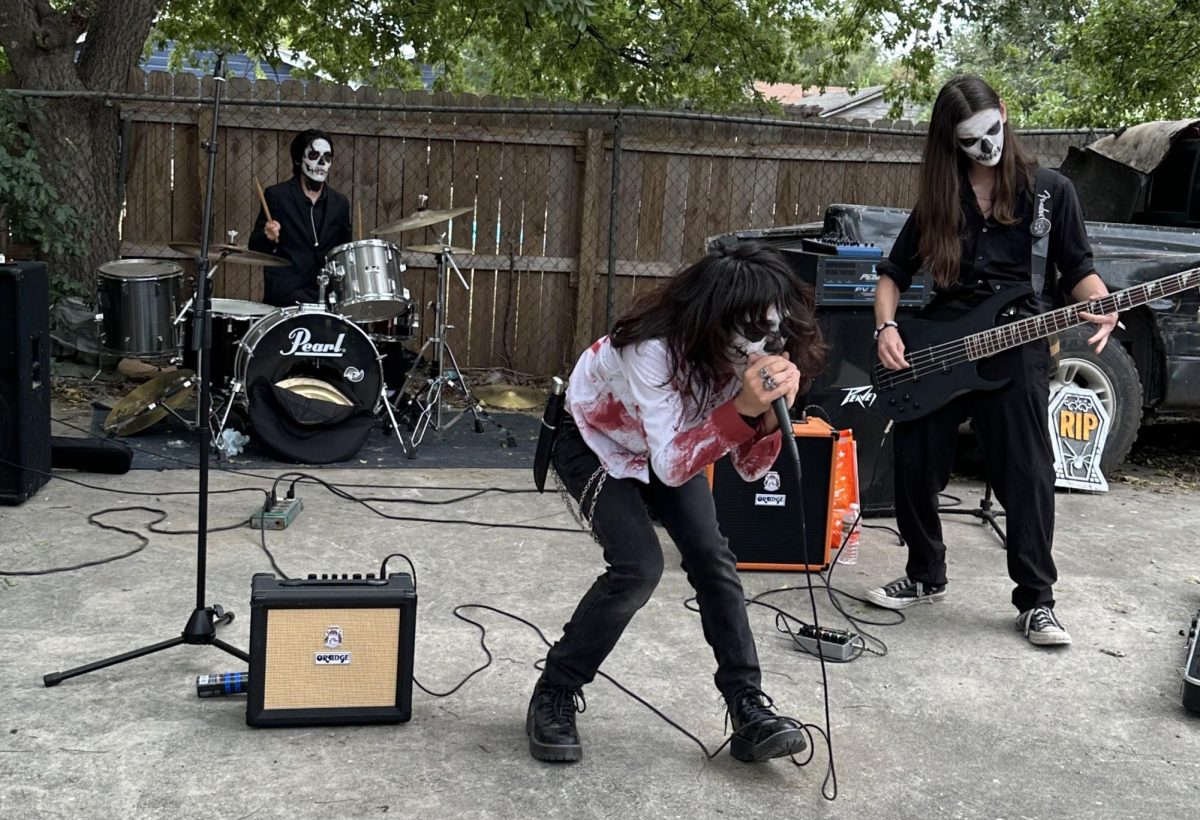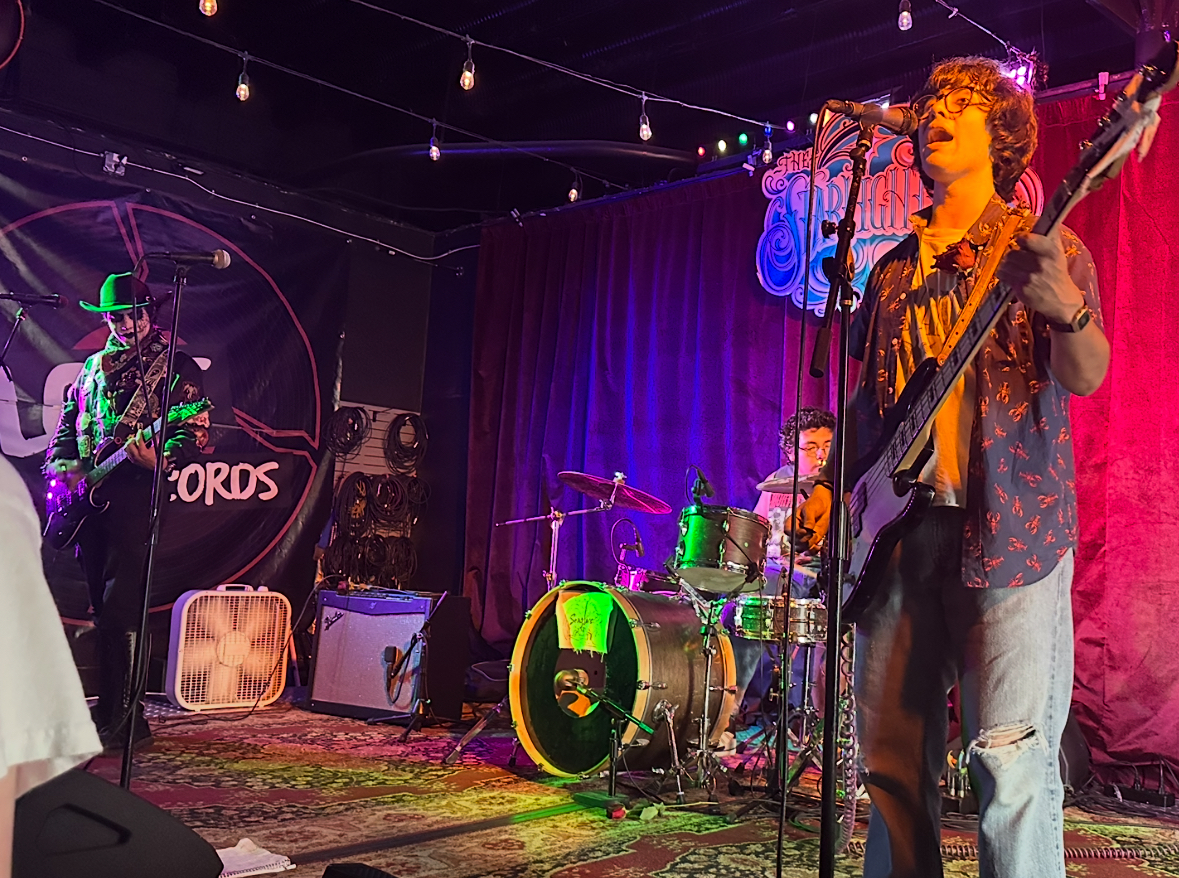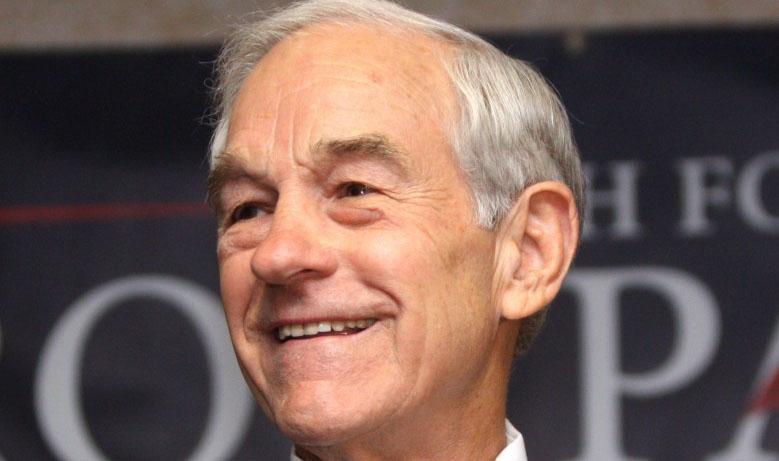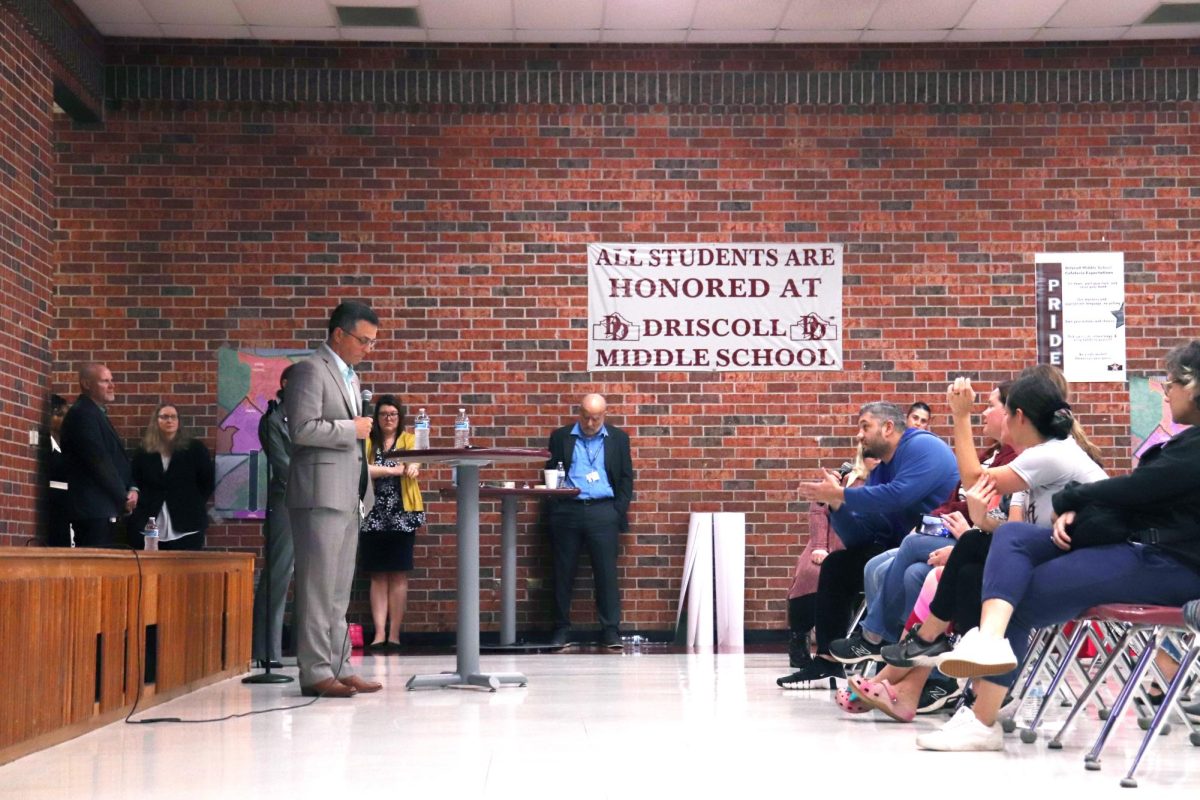
The Republican Primary is nearing its end, and soon we will know who will be running against President Barack Obama in the 2012 General Election. On paper, the various state primaries and caucuses will decide which candidate gets delegates, who in the Convention will decide who gets the nomination. Primaries work like regular elections, with every member of the Republican party (or, in open primaries, anybody registered to vote) casting their vote at polling places for their candidate of choice. Caucuses are a little more complicated.
At a caucus, local members of the state Republican party meet in town halls, public schools, or even in somebodies house to hold a poll to decide who their delegate will support. However, there are two different types of caucuses. The Democratic Party’s caucuses work like what I described above. However, in certain states, the Republican Party caucus is different in a way that matters a lot.
In these states, the straw poll that’s announced to the media does not decide who will be delegate for that district, or who they will vote for. Members of the caucus don’t have to stick around after the straw poll though. In fact, most choose to go home. Theoretically, a highly organized campaign could insert it’s supporters into the caucus groups, stay after the straw poll, when most people leave, and elect their own delegate and steal the caucus in an undemocratic, but completely legal manner. But you’d need fanatical, highly organized support that know the rules of their state caucus.
Enter Ron Paul. The Ron Paul campaign has been faced with a problem since the Primary started; the Texas representative is terminally unelectable outside of his district. Because admitting that would make the campaign pointless, they’ve fallen back on exploiting an undemocratic loophole in the system to get their candidate delegates. Fortunately, Ron Paul is huge on the Internet and on college campuses, and this well of youthful enthusiasm is where they draw the support and organization they need to pull this off. The irony of youthful idealists abusing a cynical undemocratic loophole in the system aside, it’s a clever strategy.
So, does it make a difference? Well, only a few states have caucuses, and only a few of these caucus states have this loophole. Caucuses are traditionally run by small states, because it’s cheaper, and the communities are usually small enough for it to work. So even if Ron Paul grabs a few delegates here and there, he won’t be able to compete in the Tampa Bay Convention unless nobody else gains a clear majority of delegates, and the convention collapses into a brokered convention where anything goes, and even pledged delegates get to choose who they will support. Even then, he probably won’t win, because he’s Ron Paul.




